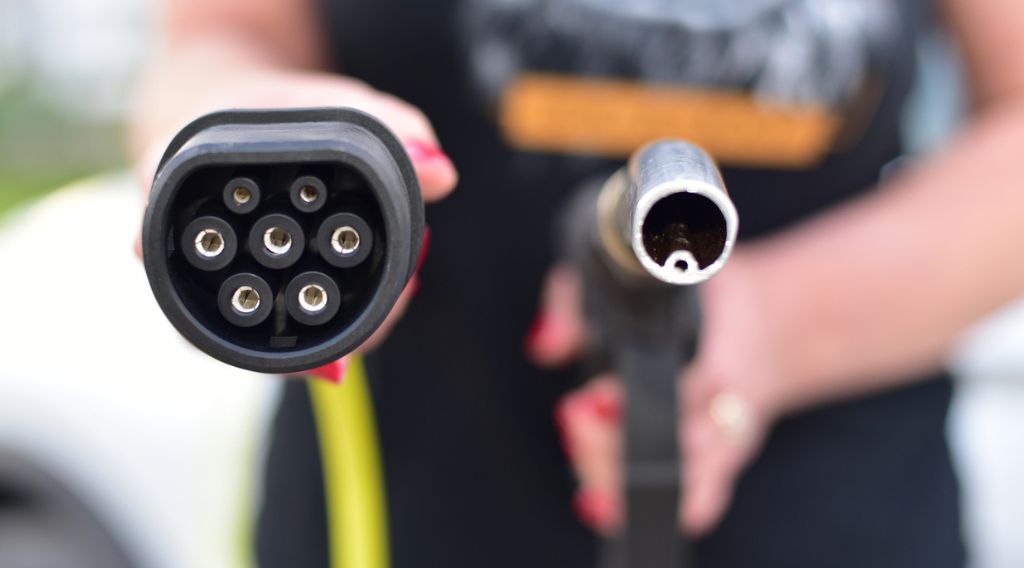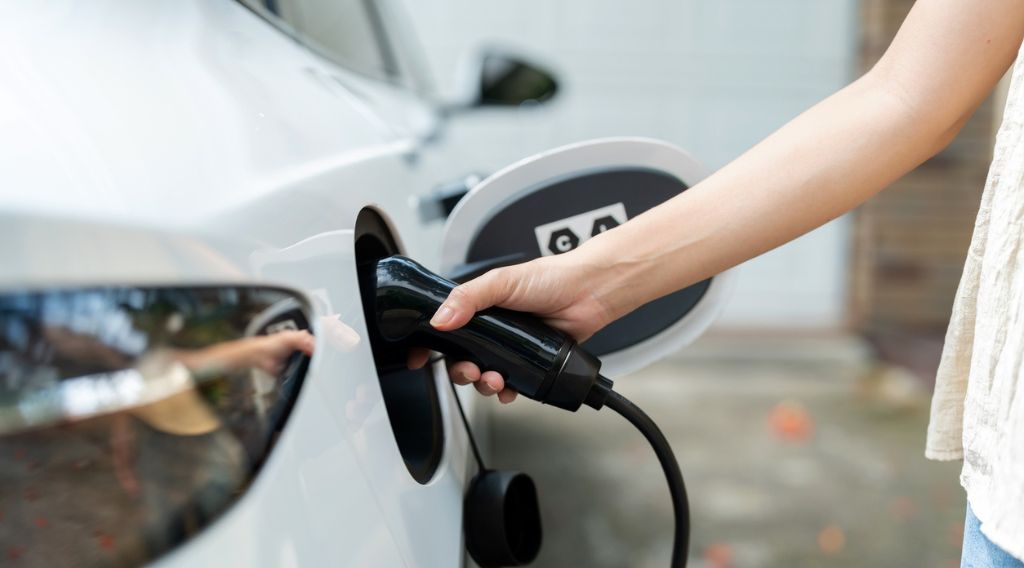 Congress has a window of opportunity during the lame duck session to pass the most significant energy legislation in over a decade—legislation that would advance American energy innovation, drive deployment of low- and zero-carbon technology and infrastructure, increase jobs, and reduce emissions across the economy. Bipartisan energy legislation, which passed in the House and is under consideration in the Senate, can put the US on a path to economic recovery and long-term emissions reductions.
Congress has a window of opportunity during the lame duck session to pass the most significant energy legislation in over a decade—legislation that would advance American energy innovation, drive deployment of low- and zero-carbon technology and infrastructure, increase jobs, and reduce emissions across the economy. Bipartisan energy legislation, which passed in the House and is under consideration in the Senate, can put the US on a path to economic recovery and long-term emissions reductions.
The energy package was first introduced in the Senate in early 2020 as the American Energy Innovation Act (S. 2656) and reported out of the Energy and Natural Resources Committee on a bipartisan basis, while the House passed the companion Clean Economy Jobs and Innovation Act (H.R. 4447) in September. Federal lawmakers have an opportunity to draw on the bipartisan and multi-sector support for key energy provisions contained within both the House and Senate bills among industries, organizations, and policy makers at the state and federal level.
Action by Congress is not only critical at this time; it is long overdue. It’s been over a decade since Congress passed comprehensive energy legislation and reauthorized key federal energy programs. Fortunately, diverse sectors are working together to craft solutions that will not only increase jobs and economic activity, they’ll also increase US leadership in technology and drive down carbon emissions.
Why Congress should pass a bipartisan energy package during the lame duck:
- Federal policies to advance energy innovation, scale-up new and existing low- and zero-carbon energy technologies, and buildout of low- and zero-carbon energy infrastructure are vital to economic recovery, job creation and retention, and putting the nation on a path toward a net-zero carbon economy.
- If Congress is unable to pass this landmark bipartisan legislation this session, it will mean retreading old ground in the new Congress at a time when economic and climate needs are urgent.
- Federal policies could provide key support for cities, states, companies, and utilities across the country that have made significant investments in and commitments to scaling up low- and zero-carbon technology and infrastructure.
- Congress has an opportunity to pass the most significant energy legislation of the last decade by drawing on policies with broad support across the economy.
A growing consensus among key stakeholders demonstrates the urgency of near-term action on energy legislation essential to updating and expanding federal research, development and deployment (RD&D) of low- and zero-carbon energy technologies. Below is a summary of recent recommendations and letters to Congress from three initiatives facilitated, convened, or co-convened by GPI that underscore the opportunity. While each group listed is a separate stakeholder group with its own set of recommendations and priorities, all three are calling on Congress to act on energy policies that would spur economic recovery, grow jobs, and reduce emissions.
Carbon Capture Coalition (CCC)
What it is: The Carbon Capture Coalition is a nonpartisan collaboration of more than 80 companies, unions, and NGOs building federal policy support for economywide deployment of carbon capture, transport, use, removal, and storage.
What the Coalition recommends: A Coalition letter to House and Senate leaders on November 17 urges Congress to pass bipartisan energy legislation in the lame duck session that resolves “any outstanding differences on widely supported bipartisan energy legislation, including the House passed Clean Economy Jobs and Innovation Act (H.R. 4447), the American Energy Innovation Act (S. 2656), and the Senate-passed USE IT Act (S. 383).”
The Coalition states that, “taken together, the many important provisions contained in these three bills and supported by both parties would, if integrated into one package and enacted yet this year, provide the next critical step in building a broader federal policy portfolio to achieve economywide deployment of carbon capture.”
In a statement on H.R. 4447, the Coalition stated that the funding authorized by the bill would be at “levels sufficient to begin putting our energy, industrial and manufacturing economy on a path to meeting midcentury climate goals, while safeguarding and growing our nation’s high-wage jobs base.”
Visit the Carbon Capture Coalition website to view letters and statements on specific legislation and legislative priorities.
Industrial Innovation Initiative (I3)
What it is: A coalition that brings together key industrial and power companies, environmental organizations, unions, and state officials from Midwestern and Gulf Coast states, which GPI and the World Resources Institute co-convene.
What the Initiative recommends: I3 proposed recommendations to Congress for economic recovery from the COVID-19 pandemic that “aim to advance the mission of I3 to incentivize investment in low-carbon technologies, processes, products and markets within the industrial sector, prioritizing key areas for long-term emissions reductions.
The Initiative recommendations “focus on fostering a robust recovery through federal investments that stimulate economic activity and create and maintain jobs in the near term, while putting American industry on a long-term path to deep emissions reductions, high-wage job retention and creation, technology leadership and economic competitiveness.”
Following up on the recommendations, I3 recently sent a letter to Congress, calling on leaders to consider including provisions to strengthen the Title 17 Innovative Clean Energy Loan Guarantee Program in H.R. 4447, the Clean Economy and Innovations Act.
Midcontinent Transportation Electrification Collaborative (MTEC)
What it is: MTEC works to increase electric vehicle use, build infrastructure to support electric vehicle travel, decarbonize the transportation sector, and improve air quality and electric system efficiency. MTEC is composed of representatives from state government, electric utilities and cooperatives, charging companies, and environmental organizations.
What the Collaborative recommends: Members of the Midcontinent Transportation Electrification Collaborative (MTEC) sent a letter to Congressional leaders outlining a suite of recommendations for how clean transportation investments can support economic recovery, job creation, and provide environmental and public health benefits.
In their letter to Congress on economic recovery legislation, MTEC states that “there are numerous potential legislative vehicles for MTEC’s regional priorities, including economic recovery legislation, a transportation bill, and other stand-alone bills. Whatever the vehicle, our goal is to spur economic recovery through targeted investments in transportation electrification in collaboration with regional partners.”
These recommendations build on the Collaborative’s report, A Road Map to Decarbonization: Transportation Electrification, released in 2019.
Congress can act now for economic recovery and long-term benefits through energy legislation
These recommendations and letters to Congress demonstrate broad support for a range of policies that would provide major economic and environmental benefits. Congress has an incredible opportunity to work together and set the country on a trajectory to retain and increase high-wage jobs, support existing and develop new US industries, and reduce economywide emissions through expanding and reauthorizing federal energy programs.
Keep up-to-date with all GPI news by signing up for our monthly Better Energy newsletter.


